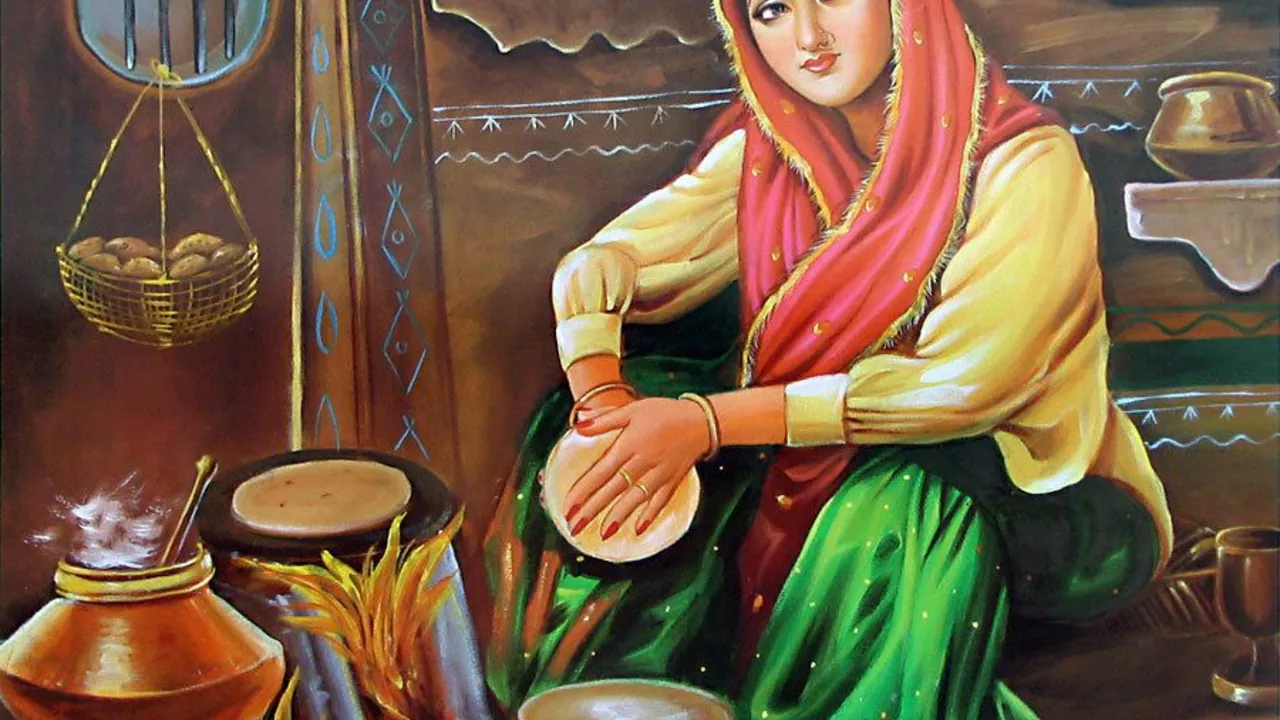Culture & Lifestyle – What Matters Most in an Indian's Life
Ever wondered what truly drives decisions in an Indian household? It isn’t just a single thing – it’s a mix of family, education, and religion that guides almost every move. These three pillars shape habits, career paths, and even the way people spend their free time.
First off, family is the heartbeat of Indian life. From the moment you’re born, the family’s expectations set the tone. Parents, grandparents, and extended relatives all have a say, whether you’re choosing a college, a job, or a life partner. It’s not just about living together; it’s about a support network that steps in during good times and bad. That safety net makes people feel secure enough to chase bigger goals.
Family First: The Engine Behind Choices
The family’s influence goes beyond daily chores. It’s the reason many Indians prioritize joint living arrangements, even when they could afford a separate home. Sharing resources means better financial stability and a built‑in caregiving system. When it comes to celebrations, festivals become community events where every member plays a part, reinforcing bonds and cultural identity.
Because the family is so central, respect for elders becomes a core value. Listening to older generations isn’t just polite – it’s a way to keep traditions alive. This respect also translates to how younger members handle responsibilities, often stepping up early to help with finances or family decisions.
Education & Faith: Two Sides of the Same Coin
Education is the next big driver. In many Indian homes, study time is sacred. Good grades open doors to better jobs, which in turn lift the whole family’s status. Parents invest heavily in school fees, tutoring, and extra‑curricular activities because they see education as the fastest route to upward mobility.
At the same time, religion weaves through daily routines. Whether it’s a morning prayer, a weekly temple visit, or following dietary customs, faith offers a moral compass. It helps people cope with stress and provides a sense of belonging. Religious festivals aren’t just holidays; they’re moments to reinforce community ties, share meals, and remind everyone of shared values.
These pillars—family, education, and religion—don’t operate in isolation. They reinforce each other. A strong family encourages education, education brings resources that support religious practices, and religious teachings often stress the importance of family unity.
So, if you’re trying to understand Indian culture, start by looking at how these three elements shape daily decisions. From career choices to how holidays are celebrated, the interplay of family support, the drive for knowledge, and spiritual grounding makes Indian life uniquely resilient and forward‑thinking.

What is the most important thing in an Indian's life?
In exploring the most cherished aspects of an Indian's life, it's clear that family, education, and religion are particularly significant. The family unit is paramount, often influencing all major life decisions. Education is highly valued as a key to upward mobility and success. Religion, too, plays a crucial role, deeply influencing day-to-day life and personal values. Finally, respect for tradition is a powerful guiding force, shaping behaviors and choices.
- Sports (7)
- Legal News (2)
- Business (2)
- News and Media (1)
- Food Safety (1)
- Politics and Government (1)
- Travel and Food (1)
- Culture & Lifestyle (1)
- Politics & Government (1)
- Marketing (1)
-
Which American state has the best Indian food?
18 Jul 2023 -
How was your experience with Air India?
8 Feb 2023 -
Virat Kohli Breaks Tendulkar’s ODI Chase Record with 70 in Sydney, Surpasses Sangakkara in Run Rankings
20 Nov 2025 -
What is the most important thing in an Indian's life?
23 Jul 2023 -
Pro Kabaddi League 2025 Kicks Off: Telugu Titans vs Tamil Thalaivas Open Season
24 Sep 2025
23.07.23
Aarav Chatterjee
0